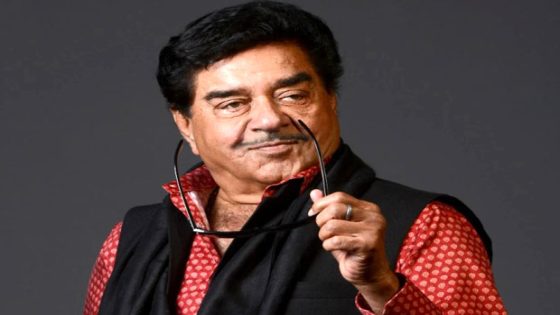The Cleveland Browns are planning to become the next professional sports team ask their local government and taxpayers to fund a new stadium that would make the team billions of dollars.
According to Jeremy Pelzer of Cleveland.com, the Browns plan on asking for taxpayers provide half the funding for a $2.4 billion domed stadium in Brook Park, or for a $1 billion upgrade to their current downtown Cleveland stadium. No official plan has been presented or accepted at this point, but either version has the public giving a huge amount of money to the billionaire Haslam family, which owns the chain of Pilot Flying J truck stops.
Browns are far from alone in this space right now. The Chicago Bears joined with local elected officials last week to announce a stadium plan that would cost taxpayers over $2 billion. The Kansas City Chiefs and Kansas City Royals are continuing to seek new money for their stadium pipe dreams.
But as city and state governments face budget shortfalls to meet even the most basic needs of their citizens, some have been rethinking their relationships to sports teams — especially when money that might be earmarked for a stadium could be used to help the public.
Is the tide turning on public stadium financing?
Illinois Gov. J.B. Pritzker is not optimistic about the plans for the Bears’ new stadium, which he made clear last week before the team publicly announced their plan. A week doesn’t appear to have changed Pritzker’s mind, as Bears officials reportedly met with Pritzker aides on Tuesday and were faced with opinions like this one, which comes from a source with knowledge of Pritzker’s thinking. Via the Chicago Sun-Times:
“The money that comes from this hotel tax does not belong to the Bears. It does not belong to the White Sox. It does not belong to any sports team. That belongs to the taxpayer,” the source told the Sun-Times’ Tina Sfondeles. “There needs to be an evolution of thinking in the way that owners and sports teams approach asking and paying for sports stadiums. Because we are in a different world than what we were in 30 years ago. And it seems like everybody else understands that except for the people on these teams.”
There’s more evidence the tide might be turning. In April, voters in Jackson City, Missouri voters rejected a sales tax hike that would have funded a new downtown ballpark for the Royals and provided funds to update Arrowhead Stadium, home of the Chiefs. Local officials in Oakland, Calif. refused to budge when the Athletics continued to insist the city kick in a massive amount of money to stop them from moving. A similar thing happened in Glendale, Arizona a few years ago when the government decided it would not continue its relationship with the NHL’s Arizona Coyotes.
Those decisions do have consequences. The Athletics and Coyotes did make good on their promises to leave. The Coyotes announced their move to Utah in April. The A’s are done in Oakland at the end of the 2024 season and will move to Sacramento until their new stadium in Las Vegas is finished.
But relocating to another city doesn’t solve all of a team’s problems, either, In Vegas, the A’s stadium isn’t a done deal yet. A significant chunk of the public, including the Nevada state teacher’s union, doesn’t want the state of Nevada to spend money on a privately owned baseball stadium, and they’ve sued the state and Gov. Joe Lombardo to challenge the way the ballpark is being funded.
Source Agencies

